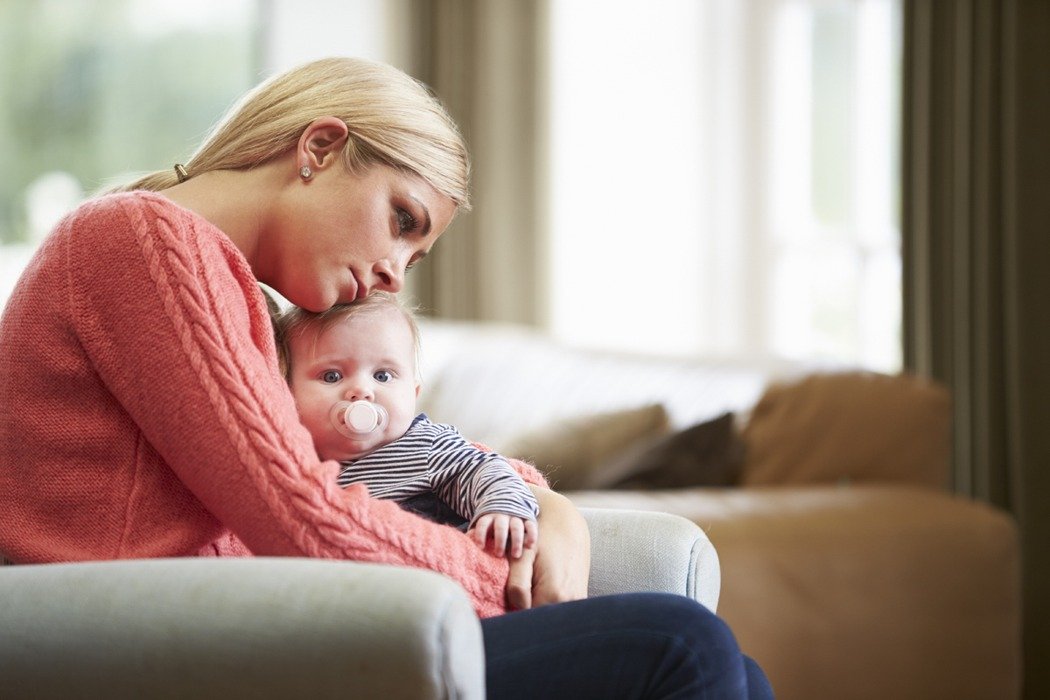
Pregnancy and new parenthood (the perinatal period) is a special time. It is also a challenging period and a time of great adjustment. Perinatal depression and anxiety is a recognised medical condition that affects up to 1 in 5 mothers and 1 in 10 fathers. Perinatal depression and anxiety can be frightening and isolating, but there are treatments, supports and services available to help you through this experience.
It is normal to experience some ‘ups and downs’ when expecting a baby. However some people develop a more pronounced anxiety or low mood, which can affect their daily life. When this occurs during pregnancy, it is known as Antenatal Anxiety or Depression. After the birth of their baby, many new parents believe that feeling exhausted, stressed, worried or unhappy is a normal part of being a sleep deprived parent. However, if these feelings start to become overwhelming they might indicate Postnatal Anxiety or Depression.
Symptoms
The signs and symptoms of perinatal depression and anxiety can vary but may include:
- Inability to enjoy anything (including your baby)
- Feelings of hopelessness
- Feelings of sadness, anxiety, loneliness, tearfulness
- Feelings of irritability or anger
- Feelings of guilt, shame, or repetitive thoughts
- Inability to make decisions
- Withdrawal from friends or family
- Distressing or frightening thoughts
- Panic attacks (a racing heart, palpitations, shortness of breath, shaking or feeling physically ‘detached’ from your surroundings)
- Feeling lethargic or hyperactive
- Persistent, generalised worry, often focused on fears for the health or wellbeing of the baby
- Sleep problems unrelated to the baby’s needs (e.g., unable to rest even when the baby is sleeping)
- Fear of being alone with baby
- Feeling of not bonding with baby
- Feeling physically or emotionally overwhelmed and unable to cope with the demands of chores and looking after baby
- Thoughts of harming yourself or your baby
Perinatal Depression and Anxiety Is Treatable
It’s very common to feel overwhelmed and stressed at this time, and one of the hardest things is knowing what is ‘normal’ and what is not.
Sometimes it is difficult to connect with the joy of pregnancy due to complicated health issues, unplanned pregnancy, difficulty becoming pregnant, previous loss or miscarriage, or a fear of labour and birth. After the birth, it can be difficult to adjust to parenting, especially when you are feeling sore, exhausted and perhaps even distressed by your birth experience. For some parents, past mental health issues re-emerge in pregnancy and early parenthood.
If you are struggling to understand your thoughts or feelings and it is affecting your day-to-day activities, it is important to seek support – especially if your symptoms last more than two weeks. An appointment with your GP is a good place to start, as they will be able to support you and refer you to further help with a psychologist or psychiatrist if necessary.
It’s important to remember that perinatal anxiety and depression is temporary and treatable. Mothers and fathers do benefit from receiving psychological help and parents do recover. Early intervention and emotional support enables parents to move on to enjoy this time with their baby.
Here are some resources which can assist you during this difficult time:
- Beyond Blue provides information on mental health and wellbeing during pregnancy and new parenthood.
- The Beyond Blue ‘Mental Health Checklist for Mums’ can be completed online, and includes further information and contacts so you can seek support if needed.
- Perinatal Anxiety and Depression Australia (PANDA) provides a telephone support and information service for women, men and their families with postnatal depression and anxiety.
- 1300 726 306 PANDA National Helpline (Monday to Friday 9am-7.30pm AEST)
- PANDA also provide an excellent range of factsheets and resources.
- The Centre for Perinatal Excellence (COPE) “Ready to Cope” program provides free online support and email during pregnancy.
- Mind the Bump is a free Mindfulness Meditation App to help individuals and couples support their mental and emotional wellbeing in preparation for having a baby and becoming a new parent.
- MumSpace is a ‘one stop shop’ website for online perinatal mental health resources, which makes them easy to find all in one place. It includes access to online programs and apps such as Baby Steps, MindMum, MumMoodBooster and What Were We Thinking?!.

